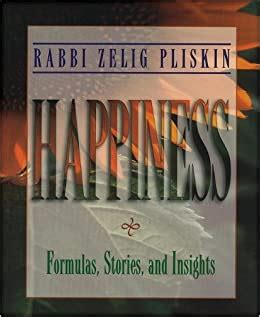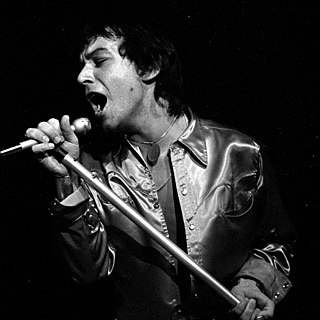A Quote by Jonathan Ames
I wish I was the kind of writer who would go to a war zone and write about something that's meaningful and important to people, but that's not my area of coverage.
Related Quotes
What would you love to achieve and accomplish? What would you feel great about doing in your life? What meaningful goals would you wish to reach? Imagine achieving and accomplishing everything that you would wish [dream] for. Picture yourself reaching your highest aspirations and your most meaningful goals. Visualize yourself speaking and acting the way you would wish with the highest and best character traits.
Eventually I would like to reach the stage where I don't have to write about love and kisses and all that stuff. I wish I could write about really ultimate things. That's where I think all of us want to go, really. All the groups seem to be heading towards a kind of pop music that deals with ultimate things.
Writer's block — so what? Write something bad. Just throw it in the trash can when you're done, you're always improving. That kind of writing is like doing a bunch of push-ups. Every individual push-up is not the important thing. On Tuesday you're going to think, "Is it really important that I do it today?" No, but the collective impact is. If you write every day, you will improve.
I was a 20-something woman living in London and didn't want to write about a 20-something woman living in London! It's an area well covered already, and people would probably have thought it was about me. I decided that if I wrote about an 82-year-old dementia sufferer, then no one could mistake it as a memoir.
Coverage of Iraq has plummeted, because people in power no longer want to talk about it suddenly. Journalists should be over there demanding front-page coverage, lead-story coverage every day. They should be demanding that no politician running for federal office can go to bed until they say what the hell they're going to do about Iraq and what how accountable they are for it.
As every writer knows... there is something mysterious about the writer's ability, on any given day, to write. When the juices are flowing, or the writer is 'hot', an invisible wall seems to fall away, and the writer moves easily and surely from one kind of reality to another... Every writer has experienced at least moments of this strange, magical state. Reading student fiction one can spot at once where the power turns on and where it turns off, where the writer writes from 'inspiration' or deep, flowing vision, and where he had to struggle along on mere intellect.
As a reader, when the writer gets sentimental, you drift, because there's something fishy going on there. You recognize a moment that's largely about the writer and the writer's own need to believe in something that might not in fact exist. As a reader, you think, 'Where did the story go? Where did the person I'm reading about go?'


































